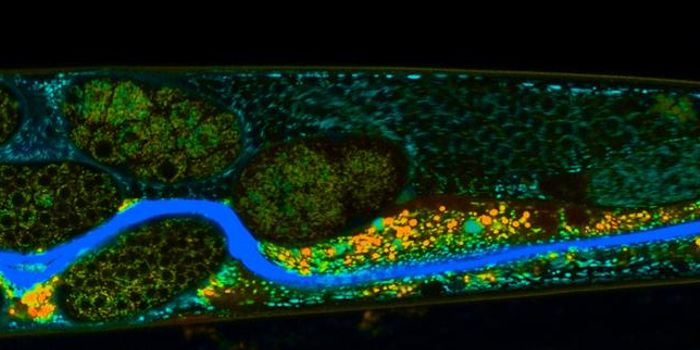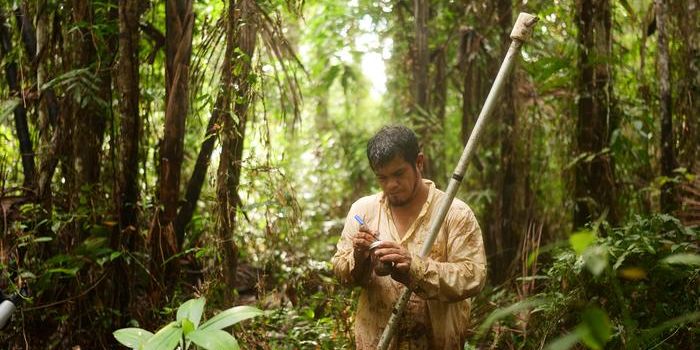Sharks Help the Environment by Defending Seagrasses
Even though sharks are often revered as large, scary fish with massive teeth made for eating beach-goers and ocean swimmers, science continues to show that they’re not as evil as they’re made out to be. Additionally, researchers have found that they might help the environment below the ocean’s surface.
Florida International University recently shared a piece describing sharks’ role as the defenders of natural seagrasses, which house essential stores of blue carbon in our oceans and fight the effects of climate change much like a tree would on the Earth’s surface.
Image Credit: Florida International University
While there aren’t many seagrass meadows in the sea today, the small concentrations that do exist as responsible for a lot of ocean-based carbon cleanup; perhaps as much as 10% of the ocean’s annual carbon deposit. What’s more is they appear to be more than twice as efficient at storing carbon from our environment than ground-based trees are.
Dugongs and a whole host of other creatures are known for eating these seagrasses. Fortunately, these seagrass munchers tend to avoid regions where shark presence is known; here in lies the important environmental protection factor that sharks serve.
“It’s all about how predators and prey interact,” said Mike Heithaus, a marine scientist at Florida International University. “Just the fear of sharks can be enough, in many cases, to keep a marine ecosystem healthy and able to respond to stresses.”
Related: Shark Week: Reloaded
By scaring away the creatures that normally feast on these important seagrasses, sharks prove to be healthy for the environment by enabling carbon-filtering seagrasses to thrive and deal with the climate change problem, even when faced with environmental factors that would typically destroy them.
“Without such work, we might not realize the important role sharks play in the recovery and health of seagrasses,” he said of the shark-based study, which is still ongoing.
Related: New shark species is miniature and bioluminescent
Unfortunately for the environment, sharks are often over-fished both for food and by game fishers. Many shark species are either vulnerable or endangered as a result, so there are fewer seagrass protectors in our oceans today than ever.
By protecting our sharks, we could effectively help protect our environment in the process. Enhancements to laws and shark fishing regulations could push positive results that echo across the world’s oceans.
Source: Florida International University









